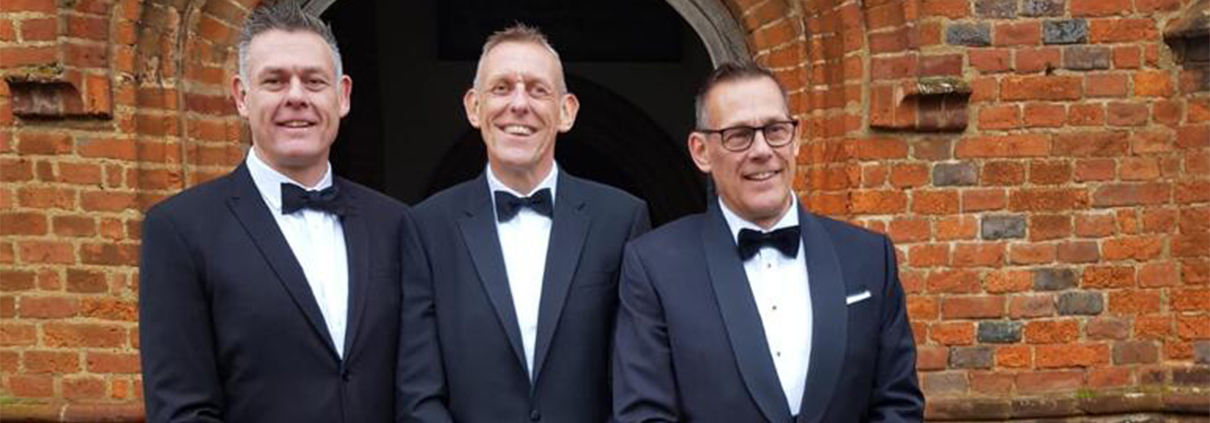2000 years ago, Aristotle, the world’s greatest philosopher, statesman and writer made a profound observation about Successful leaders.
As per Aristotle, all successful people have loads of something called koine aisthesis or sensus communis.
He describes this quality as the higher-order perception that humans uniquely possess but used properly only by a few. This acts as a kind of guide for the others, organising them as well as mobilising them in one connected perceptual apparatus.
In the Nicomachean Ethics, Aristotle defines this quality as a “master” virtue and a must for achieving success in life. He also terms this quality as phronesis, a term which combines ethics and action.
Phronesis has been interpreted in different ways, “prudence” is the most common one. But the definition that I like best is “practical wisdom.” Or “common sense”.
Let us see what Aristotle has to tell about practical wisdom-:
· Practical wisdom combines action, accompanied by reason and ethics required to prevail over a difficult situation.
· It does not depend on knowledge of the person. Rather it depends on a particular situation and a particular situation requires specific action.
· Practical wisdom is critical for decisions promoting Eudaimonia (Happiness or Leading a good life).
In a nutshell, Deliberation, Reasoning, and Action. This is the stuff of practical wisdom.
Aristotle considers this as the master virtue because this is the only virtue which keeps the other virtues in “check” or in other words, in perfect balance.
For example, too much “courage” in an impossible situation is foolishness. Similarly, Loyalty can degrade into “blind obedience” if done without thinking rationally. Likewise, too much of “self-confidence” can harden into a stubborn ego and so on.
Thus Practical wisdom “is the ability to do the right thing, at the right time, for the right reason.”
And In Book 6 of the Nicomachean Ethics, Aristotle lays out the skills and attributes a leader needs to develop in order to become practically wise.
Know your objective
Businesses form teams to achieve an objective that improves the quality of a service or product, reduces waste, or removes inefficiencies in a process. Successful teams have a strong leader who can guide the group toward the objective or goal.
The goals of the leader must align with the objective of the project and lead the team toward its mission.
Always remember a leader who does not understand his objective can never attain practical wisdom in it.
Understand the Perception.
Once in a while, businesses will encounter emergency situations that often need quick action. These moments are understandably challenging, as their outcomes largely depend on the leading capabilities of the leader in charge.
And this is precisely what Aristotle meant when he tells us that practical wisdom depends on a particular situation and a particular situation requires specific action.
To know how to act in a particular situation, we need to deftly perceive and understand the circumstances before us. What are the facts in this case? What’s the history here? How do others feel about it?
Successful leaders tailor their responses accordingly to the situation in hand and turn the tables deftly.
Seek the Truth
Great leaders are truth seekers. It enables them to deal with facts and act in the best interest of their business and their people.
And Aristotle believed that an understanding of absolute truth was necessary in order to be practically wise. Absolute truths act as boundaries for us while we exercise practical wisdom.
Understanding absolutes require an informed intellect. This gives us the necessary data to slice and dice and come up with a meaningful decision which ultimately brings Eudaimonia to all.
Learn from Experience
In the Nicomachean Ethics, Aristotle states that “practical wisdom is also of particulars, which come to be known as a result of experience, but a young person is inexperienced: a long period of time creates experience.”
Aristotle firmly believed that practical wisdom could only be gained through experience. He often likened practical wisdom to a skill like carpentry or masonry. You can’t just read a book about carpentry and expect to become a master carpenter.
You become more and more practically wise, the more situations you face. And with every situation you face, you gain more experience, either good or bad. And this cumulative experience is the key to success.
You learn from your experiences and make informed right decisions.
Play the Devil’s advocate and then act on it.
According to Aristotle, “the person skilled in identifying multiple options would in general also be practically wise.” The heart of practical wisdom is deliberation.
Practical wisdom requires that we deliberate with ourselves the best course of action to take in a given situation. It’s a skill that we become more adept at through experience.
And Of course, all the reasoning and deliberation would be a waste of time if we do not Act on it. Over and over again in the Nicomachean Ethics, Aristotle states that “practical wisdom is bound up with action.”
It’s not enough to know what the correct thing to do is, you must actually do it.
Why is Common Sense So Important?
As organisations have become more complex, specialised, and bureaucratic, the opportunity to exercise practical wisdom has increasingly been replaced with reliance on rules, regulations, and incentives to achieve our goals. But rules don’t always work as intended.
However, Successful leaders always ensure that while rules and processes should be powerful enough to command discipline and commitment, but at the same time, they should be flexible and nimble to act effectively in unforeseen or unusual circumstances.
And this Flexibility to adapt comes from common sense. Common sense thus is a form of practical decision-making and the ability to imagine the consequences of something you do. It stops us from making irrational mistakes and makes it easier to make choices on what to do.
And we aren’t born with common sense, we develop it over time and with repeated practice.
As Aristotle has rightly said:
Men acquire a particular quality by constantly acting in a particular way.
Original story can be found here.










